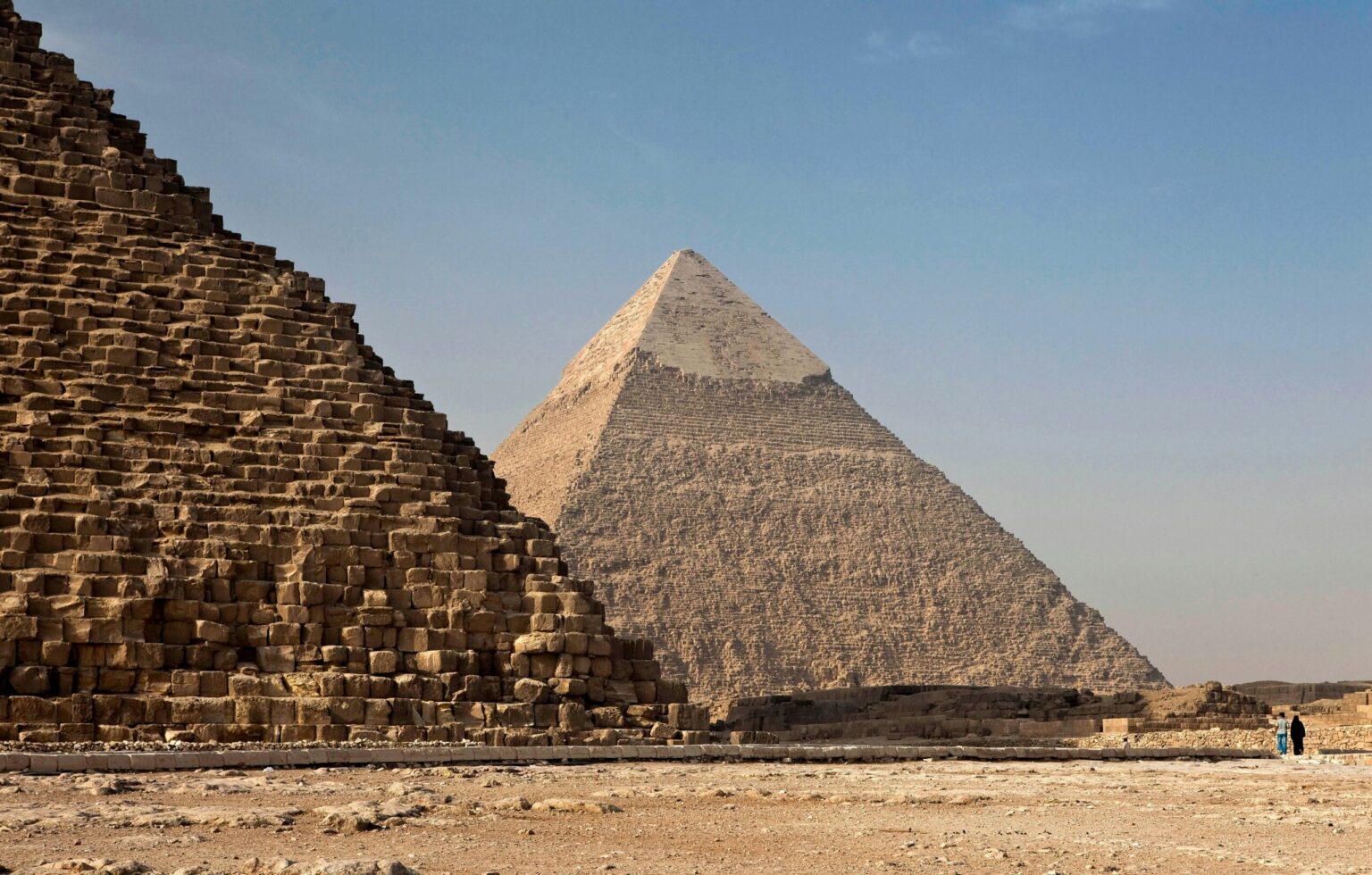Egypt isn’t just the land of ancient wonders anymore, it’s fast becoming one of the most dynamic investment destinations in the MENA region. From the bustling energy of Cairo to the expanding Suez Canal corridor and the rapidly modernising New Administrative Capital, the country is undergoing a major transformation.
With a young population, a strategic location bridging Africa, the Middle East and Europe and a government pushing bold economic reforms, Egypt in 2025 is brimming with potential across a range of industries.
Despite recent global turbulence, Egypt has remained impressively resilient, and investors are starting to take notice. Whether you’re looking at long-term growth sectors or more immediate opportunities, this North African powerhouse offers a mix of tradition, ambition and strategic promise.
The Modern Egyptian Economy and Investment Landscape
In 2025, Egypt’s economy stands at a critical point of transformation. While global economic conditions have put pressure on many emerging markets, Egypt has managed to weather the storm through a combination of structural reforms, international partnerships and domestic resilience.
The country’s Vision 2030 development plan continues to drive large-scale infrastructure and industrial projects, aimed at reducing reliance on imports, boosting exports and encouraging private sector growth.
Despite inflationary pressures and currency volatility in recent years, foreign direct investment has held steady, with key interest in sectors like real estate, renewable energy and manufacturing. The Suez Canal remains a vital global trade artery, and new logistics zones around it are attracting multinational companies looking to streamline regional operations.
Egypt’s youthful and growing population provides both a vast labour force and an expanding consumer base, especially in urban centres. Coupled with improvements in regulatory frameworks, digital infrastructure and regional connectivity, Egypt in 2025 offers a compelling case for both local and foreign investors ready to ride the wave of change.
Top 5 Industries for Investment in Egypt in 2025
Looking to make some North African investments? Here are the top 5 industries that are primed for investment in Egypt in 2025.
Logistics and Infrastructure
Egypt’s location as a crossroads between Africa, Asia and Europe makes it a logistical powerhouse in the making – its location couldn’t be any better.
The Suez Canal expansion and major upgrades to ports, railways and road networks are transforming the country into a regional transport and trade hub, although there’s no doubt about the fact that the Suez Canal in itself is fairly volatile.
In 2025, special economic zones and industrial parks along key trade corridors are drawing interest from global logistics firms and manufacturers. The government’s push to modernise customs procedures and integrate digital tracking systems is also streamlining supply chains. For investors, logistics and infrastructure offer a mix of scale, strategic value and long-term growth in a globalising economy.
Agriculture and Business
Agriculture has long been a cornerstone of Egypt’s economy, and in 2025 it’s getting a modern upgrade. With growing demand for food security, sustainable farming and export-quality produce, agribusiness is attracting serious investment. Advances in irrigation, climate-smart farming and agricultural tech are helping farmers boost yields in a water-scarce environment.
There’s a significant amount of opportunity in processing, packaging and cold storage, especially for crops like dates, citrus, herbs and vegetables. Government incentives and export agreements are also opening doors for international players. Whether it’s traditional farming or value-added food production, Egypt’s agribusiness sector offers grounded, long-term potential with regional reach.
Tourism and Hospitality
Tourism is roaring in Egypt, and at the moment, it’s shaping up to be one of its strongest years yet. Iconic sites like the Pyramids and the Red Sea coast continue to draw millions, but newer attractions, including the Grand Egyptian Museum, are extending visitor stays and spend.
The government has prioritised tourism as a growth sector, investing heavily in infrastructure, airports, and digital promotion. Boutique hotels, eco-resorts and cultural experiences are in high demand, offering plenty of room for private investment. As global travel continues to rebound, Egypt’s tourism and hospitality sector is a hotbed for innovation and international partnerships.
Real Estate and Urban Development
Egypt’s real estate market continues to expand, especially in and around the New Administrative Capital and other planned cities. Massive state-backed urban development projects have created demand for residential, commercial and infrastructure investments.
High population growth and urbanisation are pushing up the need for housing, retail centres and mixed-use developments. Foreign investors are drawn to affordable land prices and high return potential, especially in luxury housing and tourism-linked property.
Smart cities and green building technologies are also gaining traction. In 2025, real estate offers both short-term gains and long-term stability for investors willing to navigate a rapidly evolving landscape.
Renewable Energy
Egypt’s renewable energy sector is booming at the moment, driven by government targets to generate 42% of its electricity from renewables by 2035. The country’s geography (abundant sunshine and vast desert plains) makes it ideal for solar and wind energy projects.
Major solar farms like Benban have put Egypt on the map, and investors are now looking into hydrogen and storage technologies. Public-private partnerships and funding from international institutions have made entry into the sector more accessible.
With strong political backing and long-term demand, renewable energy remains one of Egypt’s most promising and stable investment opportunities this year.
